An In-depth Look at Feline Cognitive Dysfunction
Share
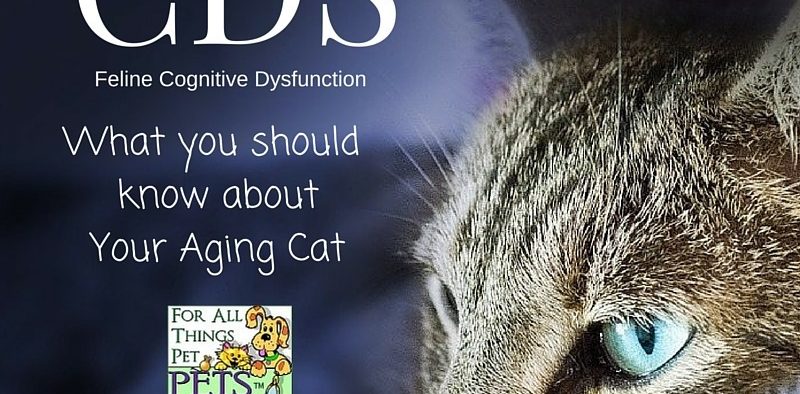
[heading style=”1″ color=”#ff9933″ style_color=”#ff9933″]Treating CDS[/heading]
Unfortunately, there’s no cure for CDS. Not for humans, not for animals. But there are a few things that may help alleviate the symptoms and perhaps even slow the progression. No drugs specifically licensed in North America for the treatment of cognitive dysfunction in cats. Medications tried on cats have only been cleared for dogs. No diagnostic tests. No brain mapping. The increased protein deposits in the brain associated with CDS dysfunction come with advanced age, too.
There is little research, even now, that’s seeing the light of day. However, we do know a few things…
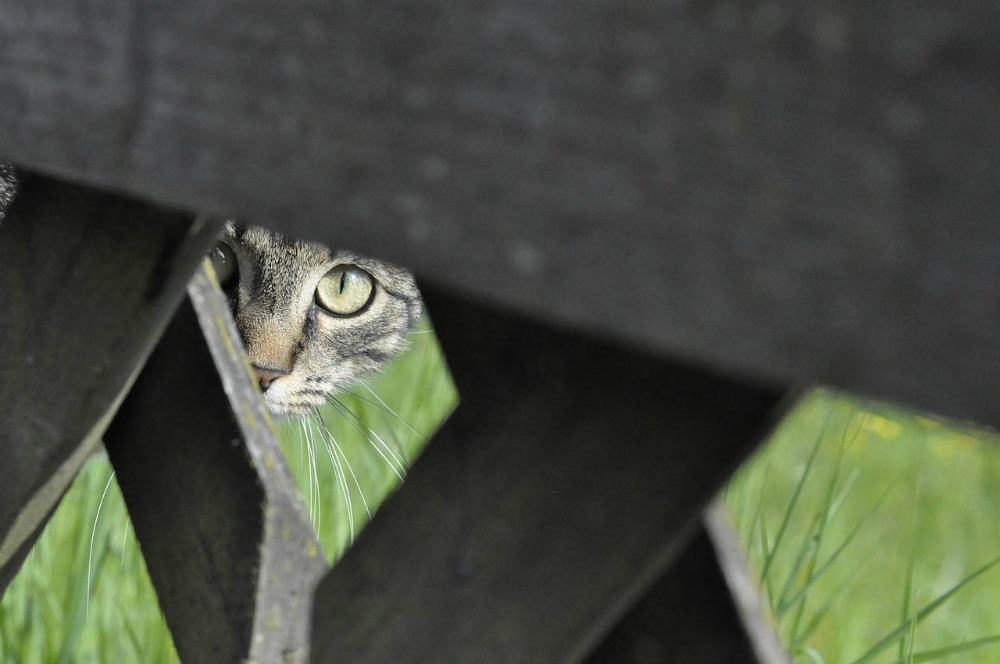
Diet and/or Supplements:
Veterinarians often start with your cats’ diet. What’s often suggested are increased essential fatty acids, keeping carbs down, adding vitamin E. Research in humans and dogs has shown that diets enriched with antioxidants, as well, reduced amyloid production, (increased in the brain with CDS), and improved cognitive function. These benefits are presumed to carry over in cats.
“Nutrition is the basis for many of our tissue biochemical pathways and cycles,” says Dr. Vicki Thayer, of the Winn Feline Foundation. Nutrients necessary for increased cognitive function include potassium, vitamin D, B1 and B6 and manganese. “SAM-e has also been studied to help treat cognitive dysfunction in dogs and cats.”
True. However, increasing vitamins, potassium and manganese hasn’t proved to help. Several respected local veterinarians and two veterinary neurologists have had ‘little luck’ with suggested supplements, from ginkgo biloba to oft-touted SAM-e.(S-adenosylmethionine, produced in the liver from methionine, often recommended for osteoarthritis.)
In fact, there is no firm data that indicates any supplements actively work.

[heading style=”1″ color=”#ff9933″ style_color=”#ff9933″]Medications That May Help Your CDS Cat[/heading]
The following medications are often suggested to help alleviate symptoms of CDS, but we asked several veterinarians what their thoughts were on the more popular ones.
Selegiline
Selegiline (l-deprenyl) is sometimes used with people with Parkinson’s and Alzheimer’s, as it can increase the concentration of dopamine, needed for cognitive processes. With dogs, success has been hard to monitor, and results are mixed.
“It doesn’t do much; about 50% of patients thought it affected their dogs,” says Schmidt. “This disease isn’t consistent nor predictable in symptom, so it’s hard to evaluate.”
Dr. Karnia, of the Scottsdale Cat Clinic, agrees that it could be a placebo effect humans see in their pets – on the part of the person, not the animal. “I have not had much luck with Seligilene. This is not approved for in cats.”
Minocycline
Minocycline, an anti-inflammatory antibiotic which decreases nerve degeneration, is often recommended for feline CDS.
Pertixifiline
For the person who is “willing to try anything”, they may want to discuss the option of Pertixifiline with their veterinarian. This is another tranquilizer that has the added benefit of enhancing circulation, but it hasn’t been studied that well.
Fluoxetine
A veterinarian may prescribe an anti-anxiety drug, such as fluoxetine (Prozac), to ease some of the alarming signs of cognitive dysfunction.
“I have not had good success with this drug either, and have not used it in cats,” says neurologist Dr. Scott Plummer, of the Veterinary Neurologist Center in AZ.
[heading style=”1″ color=”#ff9933″ style_color=”#ff9933″]Lifestyle Changes[/heading]
[blockquote cite=”Dr. Danielle Gunne-Moore, University of Edinburgh’s Royal School of Veterinary Studies” align=”right” pull=”yes” italic=”yes”]28% of pet cats aged 11 – 14 years develop at least one old-age related behavior problem and this increases to more than 50% for cats over 15.[/blockquote] [load_module id=”210″][heading style=”1″ color=”#ff9933″ style_color=”#ff9933″]How You Can Help Your Aging Cat[/heading]
Whether it’s aging, dementia, Alzheimers, CDS, lifestyle changes can give your aging cat an easier life. Here are some tips that may help your cat adjust more easily to CDS.
• Keep the environment accommodating.
Nightlights can illuminate litterboxes— keep them as accessible as possible to him. That may mean more of them, bigger, with lower sides, where he spends most of his time, now. If he forgets to go, periodically take him to the box . Make changes slowly—change itself is hard to accept when a cat is at her best, but with CDS, it’s harder.
If there are changes in his sleep cycles, keep him awake as much as reasonable during the day, so he sleeps during the night.
Avoid making any type of environmental changes, such as rearranging the furniture. It’s confusing to your already challenged feline.
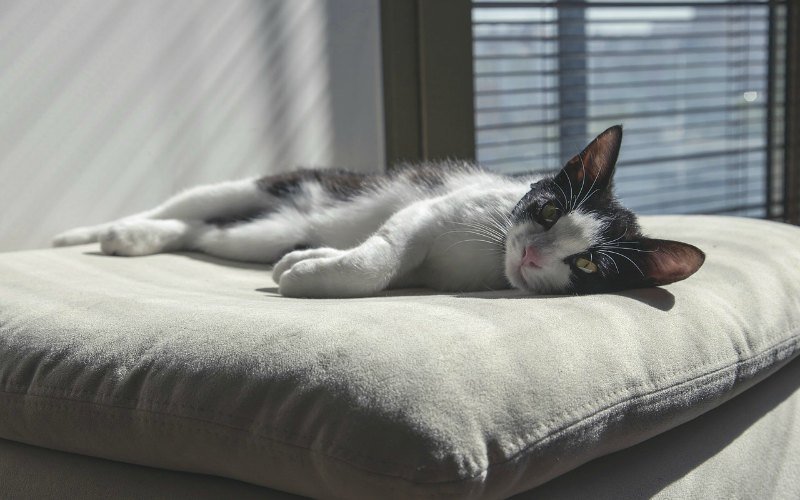
• Increase Mental and Physical Stimulation.
No matter what life-stage your cat is in, you should be providing plenty of mental and physical stimulation: exercise, interactive toys, like Da Bird, Neko Flies Cat Dancer, brushing, food-puzzle and ‘activity’ toys and boxes, even teaching tricks.
Cats with active minds have more nerve connections, which means increased brain function. Remember, the mind is a muscle! You must flex it on occasion and that means lots of puzzles, solving problems, and becoming creative in solutions. Your cat needs this same type of activity.
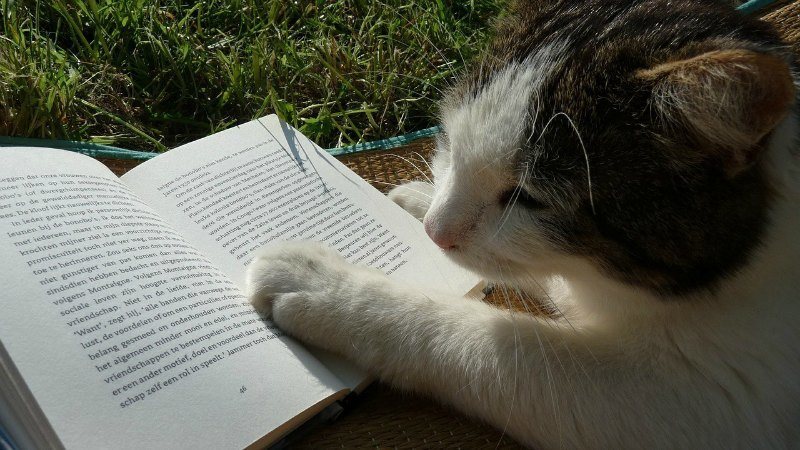
• Don’t punish! Don’t yell. NO aversives.
You shouldn’t anyway, of course, but remember that your cat can’t help it and is not doing these things to irritate you. Contrary to popular belief, cats are not vindictive nor do they want to punish you for something you’ve done. Cats are cats.
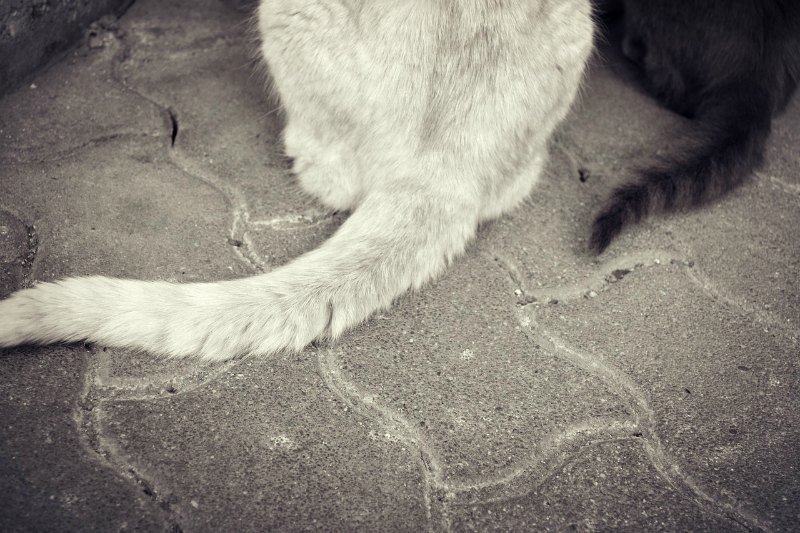
• Spend More Time with Your Cats.
The time you spend together is loving and rewarding, and provides plenty of health benefits to you and your cat. Not only does it strengthen your bond, it hugely improves both you and your cat’s quality of life. They deserve our best!
A calm, regular everyday routine helps reinforce his sense of place and decreases that “lost” feeling.

Last night I heard scratching near my head, next to my pillow. Grace, usually curled up with me, had left a sausage there. She sat there, while I asked her (very reasonably, I thought) what the hell was she thinking, and flushed the thing away. But then I lay there, with vision blurred, cheek wet, putting things together, and wondering if this is the Beginning…
…and knowing we owe it to our loved pets to support them, for as long as we possibly can, for as long as our kids have a decent quality of life, and knowing somehow, some day, when loving means to continue, or to let them go. (Damned Kleenex. Never a sheet when you want it…)






